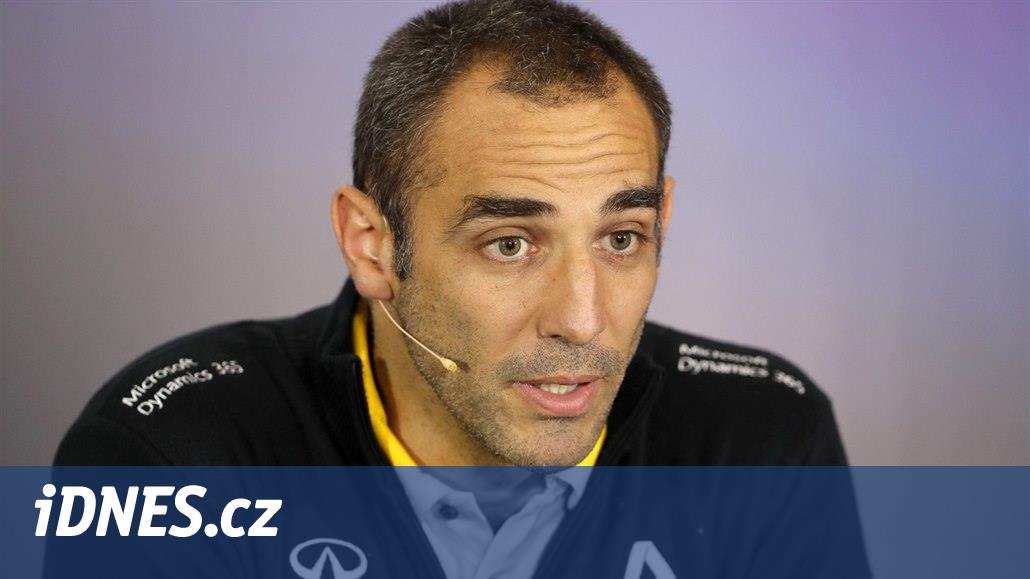The Simpsons have already foreseen everything: during its 32 years of life, the family created by Matt Goehring has repeatedly guessed the future, enough to build a certain reputation for it. It was the year 1999: Mel Gibson, aided by Homer, takes part in the assault of the assembled Congress. Armed with a semi-automatic rifle, he destroys everything and wreaks havoc on Capitol Hill. During the attack, the president and speaker are killed while a senator is assassinated by Gibson himself (who sticks him in the back with a stars and stripes flag). The entire Capitol is eventually destroyed by flames. Fortunately, in reality, things have gone a little better.
–
From Lady Gaga’s performance to the Super Bowl (announced eight years earlier) to the spread of the Ebola pandemic (the virus would not have spread until 2014, 17 years after the broadcast of the episode Il saxophone by Lisa), the advances of Matt Groening continue to arouse amazement. In a 2000 episode, Bart reads the future. Lisa, his sister, will become president of the United States. Take the place of, as it happens Donald Trump. About 16 years later, Trump is elected president. The Simpsons are like the Bible, which had foreseen everything? In the Bible there is the future: from the first man on the moon to the economic depression of 1929, from the American revolution to the Russian one, from the two world wars to the extermination at the hands of Hitler and again from the murder of John Kennedy to the election of George Bush. So think the many American preachers who in their televised sermons claim that the Pentateuch revealed the future thousands of years ago. There are videos in which there are the names and dates of famous people, already prefigured in the sacred text. The Bible also predicted UFOs.
–
One thing for sure: The Simpsons are our pop bible. Behind the screen of the cartoon (a product aimed mainly at the little ones), the Simpsons stage an intelligent and merciless portrait of our society. The family (Homer, Marge, Bart, Lisa and Maggie) invested by politics, work, relationships, the power of big industries, the media, everyday life. But also all the other inhabitants of Springfield are sketched with insight and depth, so much so that they constitute, in their complexity, a burning mirror of our society, supported by memorable observations and jokes. Some say that, after the first eight seasons, a certain tiredness has begun to set in and that Homer, the prophet of inadequacy, is now lazily dragging on. Perhaps, however, the Simpsons remain among the smartest things ever broadcast on television (and inadequacy, meanwhile, has taken over, at least from us).
–
How do they predict the future? How can they discover the Higgs boson? In season 10, Lisa invites her father to come up with something by following in the footsteps of Thomas Edison. While Homer scribbles on the blackboard, he manages to write a complicated equation that in 2013 CERN discovered to be almost identical to that of the Higgs boson. Or how could they have foreseen that one day someone would ask to cover the nakedness of Michelangelo’s David? Foresight, luck, combinatorial play? As all Simpsons fans know, the first episode of the animated series Roasting on an Open Fire aired on December 17, 1989. With a successful crescendo over the years, the Simpsons have become the premier sitcom. of American TV, a reflection and parody of Western society. Created by Matt Groening, with producers James L. Brooks and Sam Simon, Springfield’s most famous family has grown into a truly global media phenomenon, unmistakable for its irreverence.
–
But the Simpsons have been and continue to be one of the greatest examples of pop culture. Rather than proposing themselves as a distorting mirror of reality – where social counterfeiting, environmental collapse, political lies are ridiculed – they represent a brilliant linguistic game that uses, reveals, destroys all the stereotypes through which the media tell the world. The Simpsons create their own coherent and complex universe, while at the same time referring to TV, cinema, literature and even themselves. The fragments fit into each other and refer to infinity, illuminating the story told with other meanings. Each episode a reflection not only on TV but on one’s own way of doing TV. It is difficult to find a series that has such a high degree of self-awareness. If pop culture also means giving aesthetic dignity to the representation of the banal and the everyday or using existing images and objects that, manipulated and presented in various ways, are charged with a new expressiveness, the Simpsons have done a rare linguistic job. complexity. They transformed technological hybridization (the famous convergence of media) into fiction; they have converted the quotation into embezzlement by misleading meanings (as the situationists suggested); finally they used the metalanguage in a self-ironic way, removing from the word culture any arrogance, any pretense, any elitist or ideological trappings.
–
as if the town of Springfield (there are thousands in the world) was really the center of the universe, the navel of the media world, the place where everything is contaminated, where the universe is reduced to the joints of a cartoon, where nothing is what it claims to be. The Simpsons’ prophecies are nothing more than the fruit of this grandiose, intelligent combinatorial ars. As Jorge Luis Borges had foreseen: the total library, e […] its shelves record all the possible combinations of the twenty-five orthographic symbols (number, even if vast, not infinite), that is, all that is given to express, in all languages.
–
–
January 11, 2021 (change January 11, 2021 | 20:09)
© REPRODUCTION RESERVED
–


